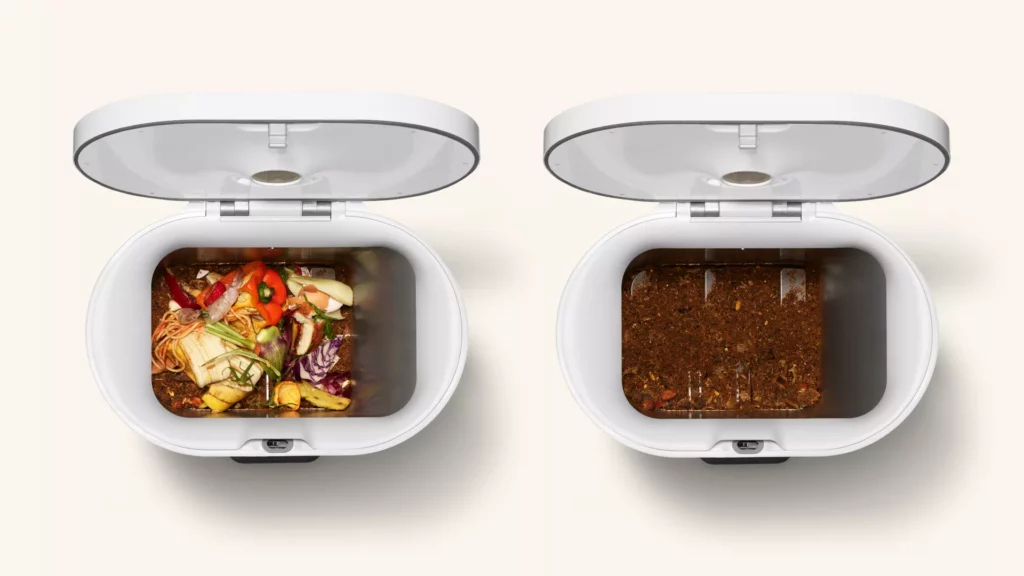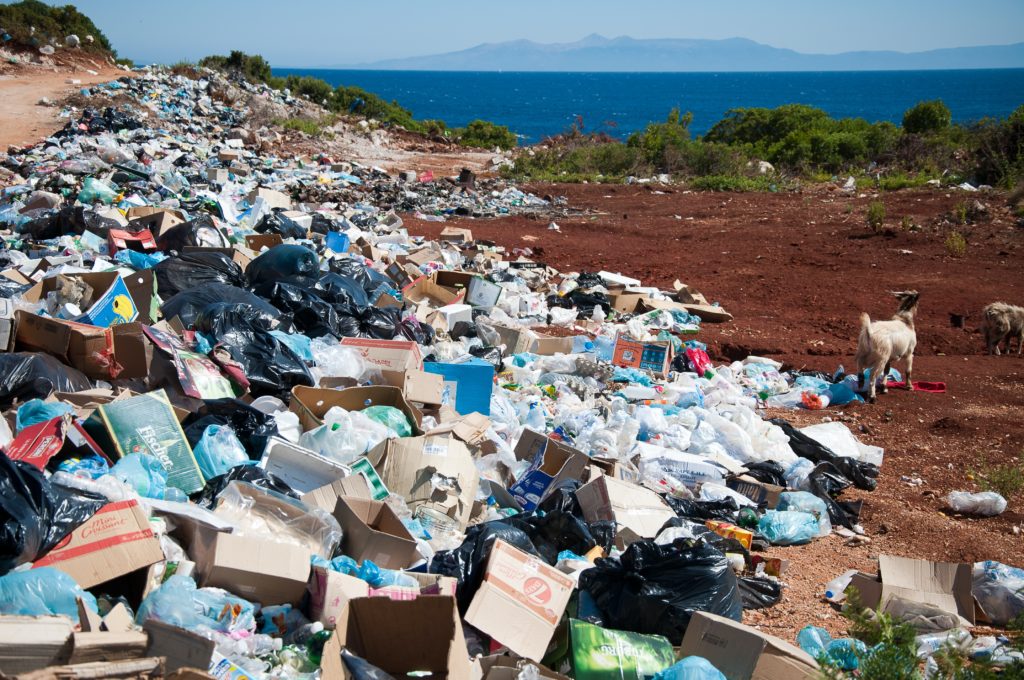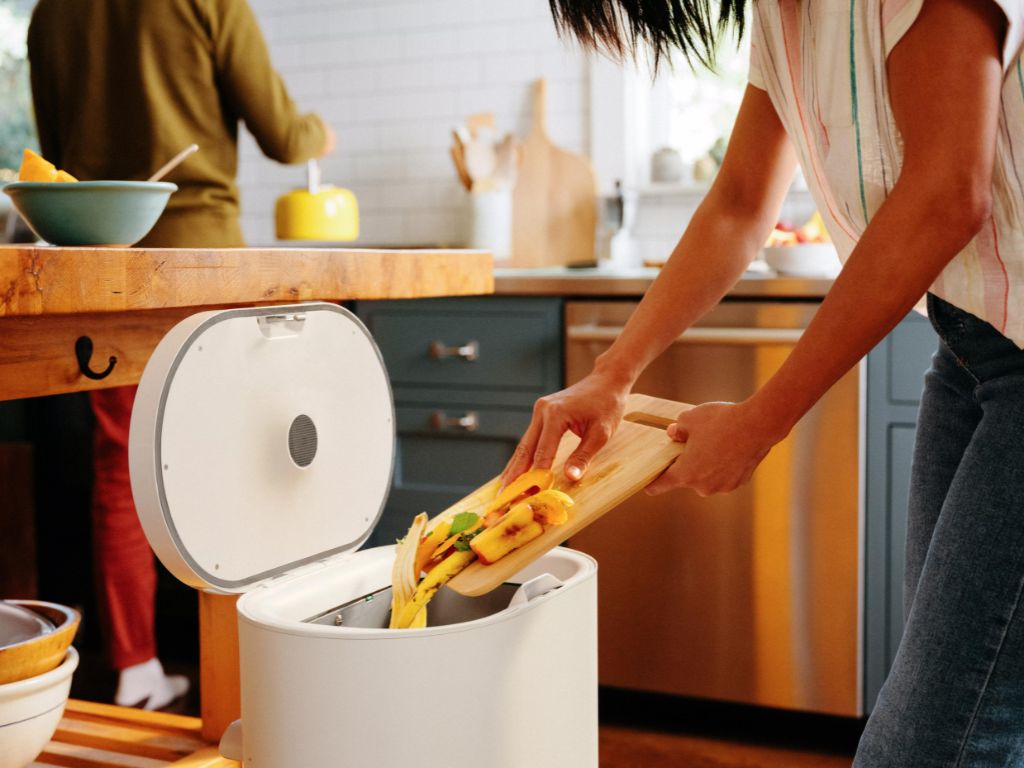Nest Co-Founder Takes On Food Waste Emissions With Mill
3 Mins Read
Matt Rogers, co-founder of the popular Nest Labs smart thermostat, is now putting his focus on food waste with the launch of a novel kitchen device called Mill.
Mill is a kitchen device that dehydrates a range of food scraps not typically compostable, such as animal ingredients. The device dehydrates the scraps overnight, leaving an odorless powder.
Once the Mill bin is full, consumers send the grounds back to the company, which it’s repurposing for agricultural purposes including as chicken feed.
Tackling food waste
The Mill system costs users about $33 a month to return their scraps. But as concerns over food waste escalate, it could prove to be an affordable solution in cities like Los Angeles where failure to properly dispose of food waste will bring hefty fines.
Like Nest, users will have options to interface with Mill via an app. They can monitor how much is going to their bins, which Rogers says is aimed at helping them adjust their shopping habits so that they produce less waste and also save money on their grocery bills.

“We’ve kind of gotten used to the way things are, but it doesn’t have to be that way,” Rogers told CNBC. “So when you come at it with fresh eyes, you actually end up building an entirely new system.”
If Rogers can do for food waste what he did for home energy awareness, the implications will be substantial.
Rogers says just like Nest reframed the way people look at home energy use, Mill will help change perceptions around food and food waste; United Nations data estimates about one-third of all food is wasted every year.
The impact isn’t just a food sovereignty issue, though. Food waste is also a leading contributor to climate change, driving methane emissions from landfills. On average, 22 percent of waste sent to landfills is food.
“Waste is one of these areas that we’ve kind of taken for granted but doesn’t have to exist,” Rogers said. “It’s super important in the climate fight, people need to realize how bad it is that we throw food in the trash and it becomes methane in landfills.”
‘Large-scale impact’
Rogers has also put his weight behind climate-focused philanthropic efforts, including a stint as Chairman of the NGO Carbon180, which is focused on reducing carbon emissions. He also chairs the Advanced Energy Institute.

Mill is starting as a home device, but Rogers and co-founder Harry Tannenbaum believe there’s potential to implement its tech into municipal programs to help cities meet their net-zero targets via large-scale waste diversion.
“We’re in this for large-scale impact,” Rogers said. “We want to build a big business that also is good for the planet, and we want this to be for everyone,” he said.
“If we start to think about things differently, actually, this is where individual actions can drive systemic change,” Rogers said. “That’s a really big deal.”
In early 2021, compostable phone case brand Pela debuted their own home food waste machine dubbed Lomi and managed to attract over US$6.8 million from more than 18,000 backers via an Indiegogo crowdfunding campaign. The company says the kitchen countertop appliance converts food scraps, cloth and bioplastics into soil within just 24 hours.



